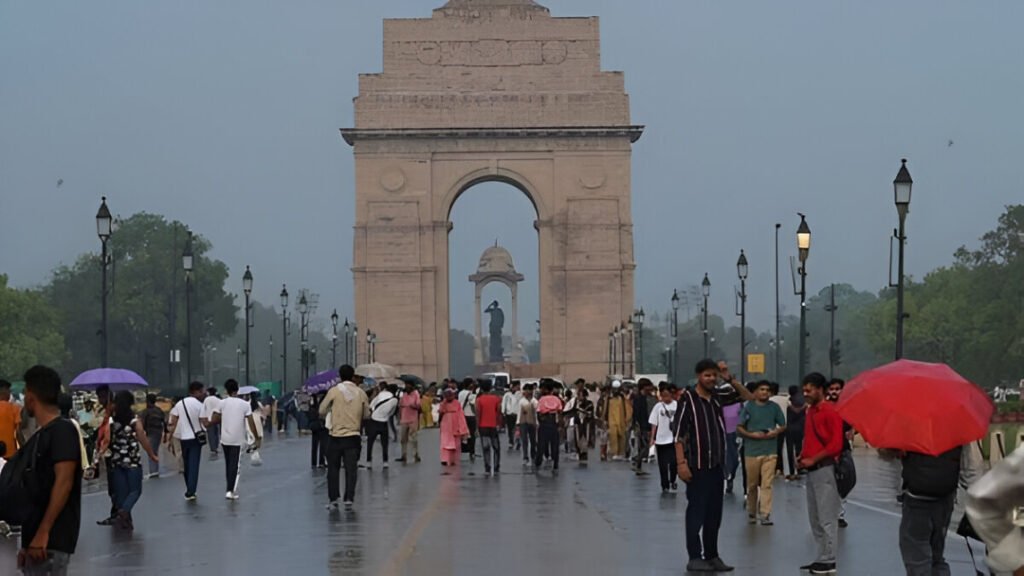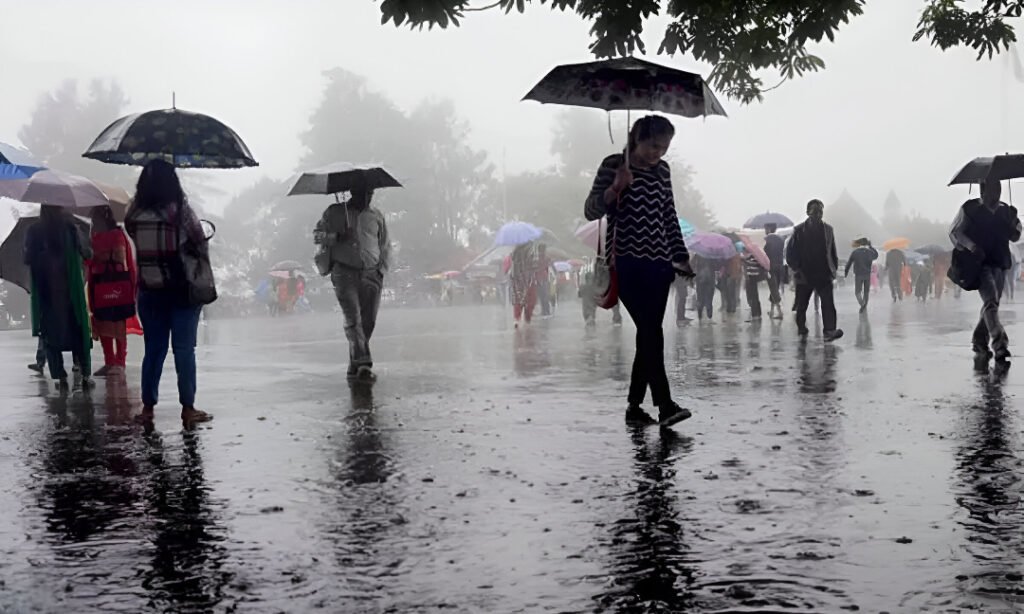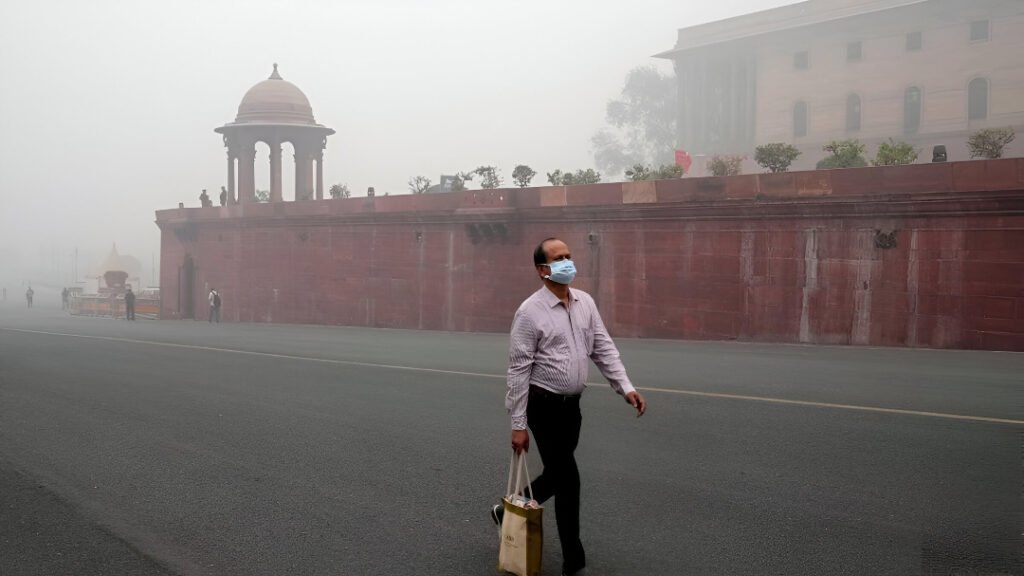
Delhi Embarks on a Historic Step to Tackle Air Pollution
An initiative set for July 2025 may mark an unprecedented move in record pollution-stricken Delhi as they attempt to artificially induce rain. The proposed solution is cloud seeding, a technique used by China and the UAE to increase rainfall. The Environment Department of Delhi, spearheaded by Chief Minister Rekha Gupta, is championing this daring project with the hope it will remedy the city’s environmental issues within its climactic years.
What Is Cloud Seeding and How Does It Work?
In essence, cloud seeding alters weather patterns by inducing precipitation action through chemicals into existing clouds that contain sufficient moisture. Silver iodide nanoparticles, iodine salts, and rock salt are some condensation nuclei that provide small droplets with enough “weight” needed to fall as rain. IIT Kanpur developed the specialized seeding mixture tailored to operate over Delhi, where modified Cessna planes outfitted with flare dispersal systems will systematically deploy the mixture.

The July 2025 Cloud Seeding Operation: Key Details
Provided that the weather is suitable, the artificial rain trials are planned for July 4-11 of 2025. IIT Kanpur has already filed a flight plan with the IMD in Pune, which includes five sorties over low-risk zones in North and Outer Delhi. Each sortie will be about an hour and a half and 90 minutes long, covering approximately 100 square kilometers each.
Forecasting Changes to Air Quality
In theory, cloud seeding is anticipated to bring some measurable changes—though temporary—in Delhi’s air quality, as rainfall generated through this technique tends to wash away particulate matter such as PM2.5 and PM10 pollutants. Gaseous pollutants like sulfur dioxide and nitrogen oxides are also removed while dust and smog settle down. Experts believe that the positive impact on air quality would last from a few hours up to a few days.
Forward-Thinking Step for City Pollution Management

The initiative undertaken by the government of Delhi is a new milestone towards managing the environment in urban areas. The trial not only aims at securing immediate respite but also intends to provide groundwork for future innovative approaches toward pollution control, which can be beneficial for other Indian cities struggling with air quality issues. Irrespective of the approach taken, so long as the government remains committed to striving for proven solutions, it demonstrates that the air should be an indisputable entitlement for every citizen of the nation.











